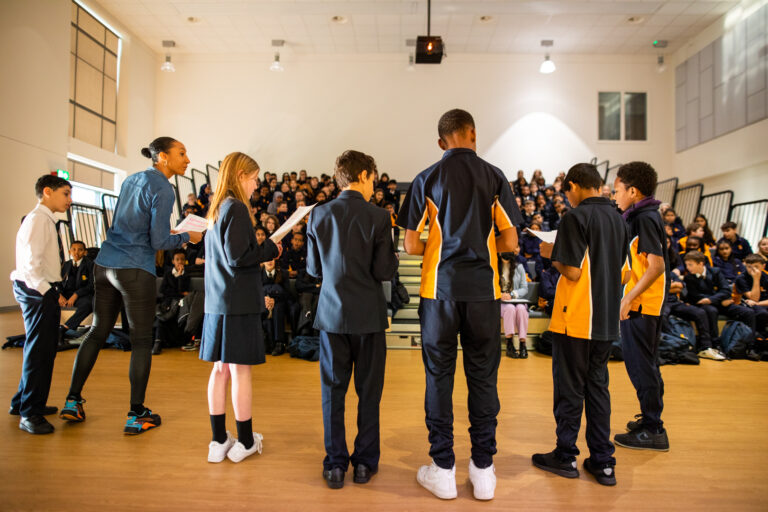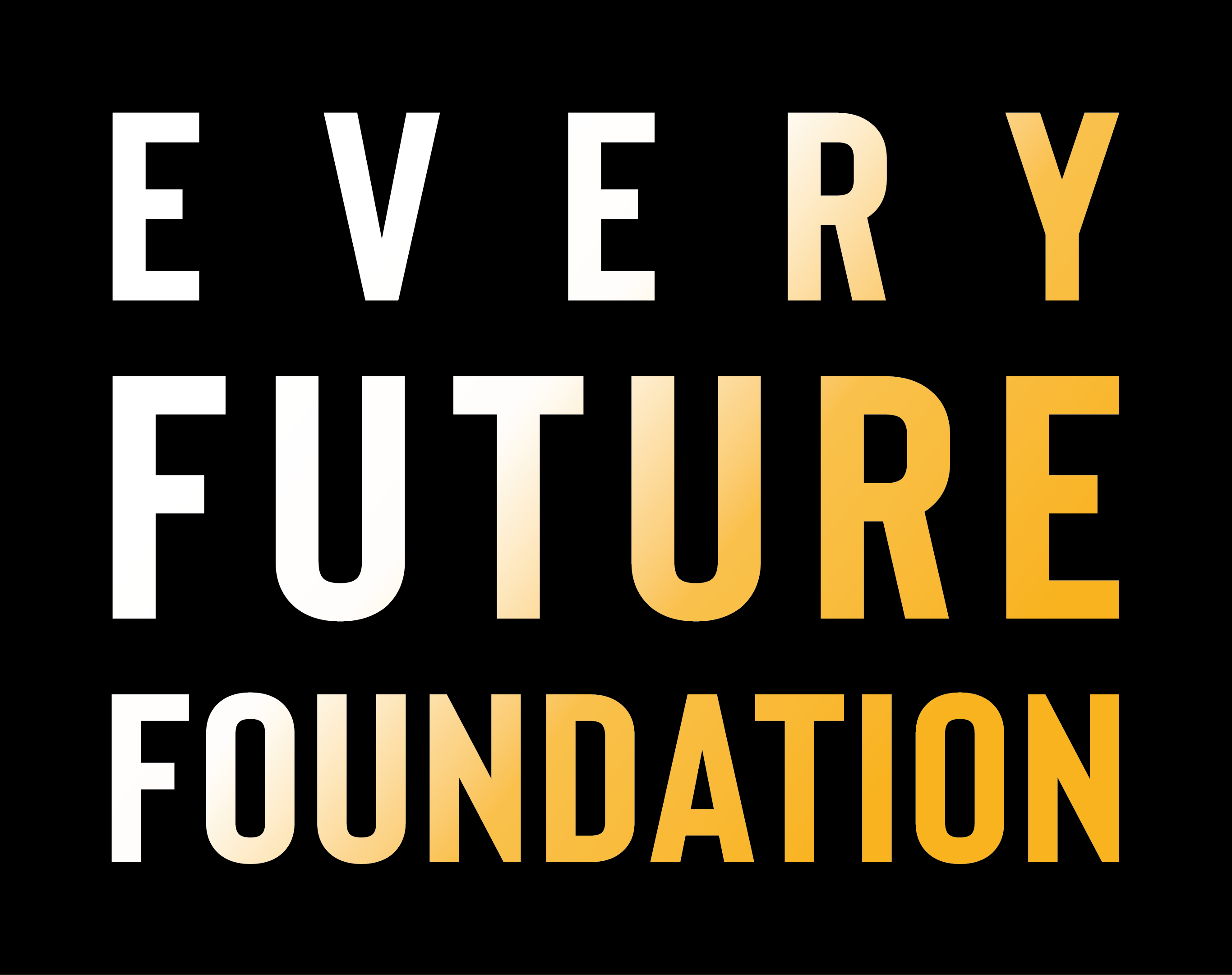Faq
ANY QUESTIONS
Frequently asked questions - School Programmes
Take a look through our frequently asked questions. If you still need any assistance, feel free to drop us a message.
WHAT DOES A WORKSHOP DAY LOOK LIKE?
In a full day, we can deliver:
- 1 x 30 minute assembly
- 3 x 1.5 Hour Sessions
In smaller schools (less that 65 pupils in a year group) we can deliver all 3 Modules in a single day, so the students will recieve the full course over 1 day.
In larger schools (over 65 pupils in a year group), we tend to split a single year group into 3 groups and deliver a single Module to all 3 groups across a day. In this case, a school will need 3 days to cover the full course content.
An example of a school day is:
Early morning assembly = 8:30am-9am
Module 1 to Group A = 9:15am-10:45am
BREAK
Module 1 to Group B = 11:15am-12:45pm
LUNCH
Module 1 to Group C = 2pm-3:30pm
WHAT SIZE GROUPS DO YOU WORK WITH?
We try to limit the group sizes that we work with to 65 pupils.
Within most secondary schools, we will target a single year group and split the year group into 3 smaller groups, then deliver each module to each group. In this case, it will take 3 days to cover all 3 Modules (as we will be delivering 9 sessions: 3 sessions to each of the 3 groups).
WHO DEVELOPED YOUR CURRICULUM
Our curriculum was developed with KS2 & KS3 curriculum writers to introduce age-appropriate activities and ways of learning. And also with the help of Professor Rhiannon Turner, who is an award winning professor in studies of inter-group relations and social prejudice. She also featured on the award winning Channel 4 documentary: “The School That Tried to End Racism”.
IS THERE A RISK OF INCREASING RACIST INCIDENCES IN SCHOOL, BY TALKING ABOUT RACISM?
We always say that “no problem is ever solved by simply not talking about it”. There is a possibility that talking about racism may bring to light some individual’s racist or biased views within the school, however this simply means that those views were always there and were being left unaddressed.
In order for young people to change any biased views, they need to learn about different perspectives through discussion and play. Which we do well, in our workshops.
We work closely with schools to overcome the unique barriers that each school faces and can provide onward support to the school and its students, if necessary.
IS IT SAFE TO TALK ABOUT RACISM WITH YOUNG CHILDREN?
Research has shown that children as young as 6 months old recognise race, and children as young as 5 years old, use race as a factor in thier negotiations of power.
It is extremely important to talk to young children about race and identities, as positive conversations prevent young children from drawing incorrect and biased conclusions from the world around them. Colour-blindness (i.e. pretending we don’t see each others race or ethnicity) has been proven to uphold racism.
What we strive for is “colour-conciousness” which means we recognise the differences in those around us, and celebrate them.
WHERE DO YOU WORK?
Currently most of the work we do is in London. However we do accept bookings all over the UK, however we need to consider extra charges for travel costs.
We can also offer bespoke, residential interventions for schools which would include delivering our programmes to multiple year groups, and staff training for all school staff. Get in touch for details.

"Injustice ANYWHERE, is a threat to justice EVERYWHERE." - Martin Luther King Jnr
QUESTIONS / ANSWERS
Frequently asked questions - Activism Academy
WHAT DOES THE ACADEMY CONSIST OF?
The Activism Academy consists of:
- Online sessions (attendees can dial in from home, or from an after school club that we will set-up within thier school)
- In-person training days and field trips
- Every participant creating thier own social action project and actioning it either online or within thier community.
You do not need to attend a “Partner School” to be on the programme, simply register your interest via our contact page.
DO I HAVE TO BE BASED IN LONDON TO PARTICIPATE?
Most of our participants will be based in London, because this is where our in-person training days will be based.
However you DO NOT need to be based in London to participate, but you will need to come to London for certain events. We have the budget to assist with travel costs for individuals travelling in from different parts of the country.
DO I HAVE TO PAY?
The programme is fully funded for young people, so there will be no payments of any kind. Apart from travelling to and from our in-person events.
We also have budget to assist with travel costs for individuals that need financial assistance.
I AM A TEACHER/PARENT/YOUTH WORKER, CAN I RECOMMEND A PARTICPANT?
Of course!
We welcome recommendations from teachers, youth workers or parents. If you have a young person in mind that you think could benefit from this programme, simply send us a message via our Contact page and we will get back to you with next steps.
